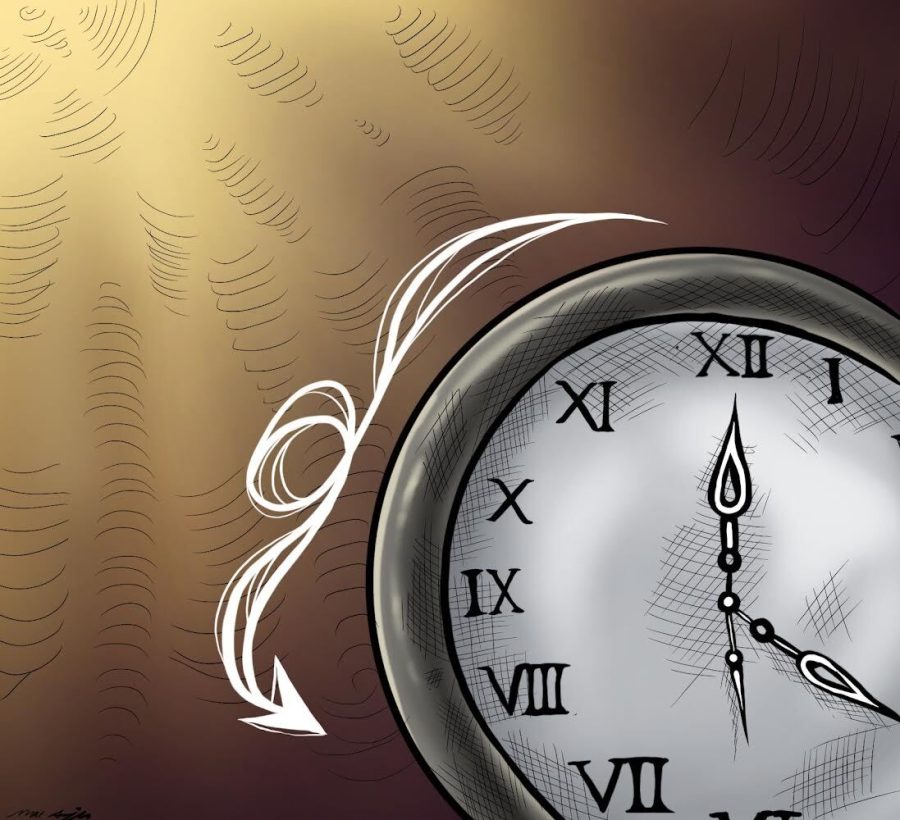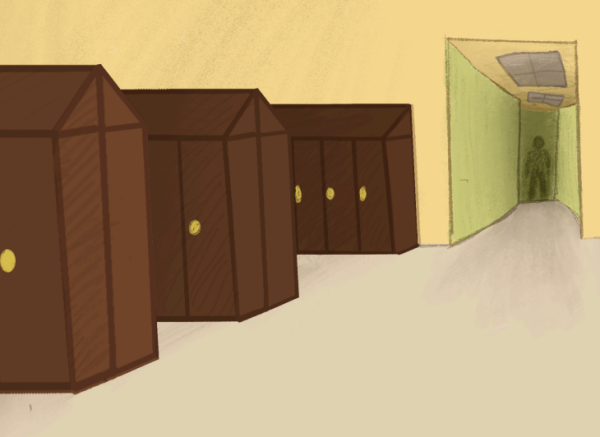Senate considers changes to daylight savings
The one-hour clock controversy — is it necessary?
Daylight savings time, commonly referred to as “summer time” in many places around the world, is the act of moving clocks forward an hour on the last Sunday of March and back an hour on the last Sunday of October. Daylight savings time was enacted by The Standard Time Act of 1918, which was implemented to maximize daylight during World War I and conserve energy resources. It is a common myth that daylight savings time was originally geared towards farmers, but that isn’t the case. Daylight savings time actually made many farmers’ lives harder as their schedules were set back earlier or later.
In addition, countries in tropical climates don’t follow daylight savings, as it wouldn’t make much of a time difference due to their hours of daylight being relatively the same per season.
“During winter, I’m not as happy and I spend less time outside,” Elizabeth Schoenbauer (10) said.
On March 15, 2022, the senate passed the Sunshine Protection Act to make daylight savings permanent, ultimately combating the hours of sunlight lost in the process. Senators believe this bill would minimize car-related incidents and crime as well as improve public health, allowing people to go outside for longer without less sunlight.
However, this bill has been heavily criticized and debated as scientists claim it will negatively affect circadian rhythms, as our circadian rhythms aren’t regulated through clocks, but sunlight itself.
“Daylight saving time results in more darkness in the morning and more light in the evening, disrupting the body’s natural rhythm,” the American Academy of Sleep Medicine states.
It isn’t entirely bad, though; this bill would reduce the Vitamin D deficiency that many of us experience in the colder, darker months of the year. Sunlight has direct effects on mental health, as it improves serotonin and endorphins while lessening seasonal depression, otherwise known as SAD (Seasonal Affective Disorder), which causes one to become anxious, stressed and sometimes experience insomnia.
“The real struggle for me are the days in winter when we don’t have any sun and it’s cloudy because that is when I start to feel more tired or anxious,” Columbia Heights High School (CHHS) English Teacher Ms. Jacquelene Bayless said. “Even with the time change, [the] sun shining through the windows can help with my mood.”
The constant debacle of daylight savings time versus standard time is full of many technicalities, such as considering convenience vs. long-term effects. What will American life look like in the coming years under the Sunlight Protection Act?
One thing is guaranteed — you won’t have to worry about changing your clocks anymore.

Makagbe Sanoe is the newest A&E Editor for The Heights Herald. This is her third year on the school newspaper. She’s a junior who enjoys literature...







